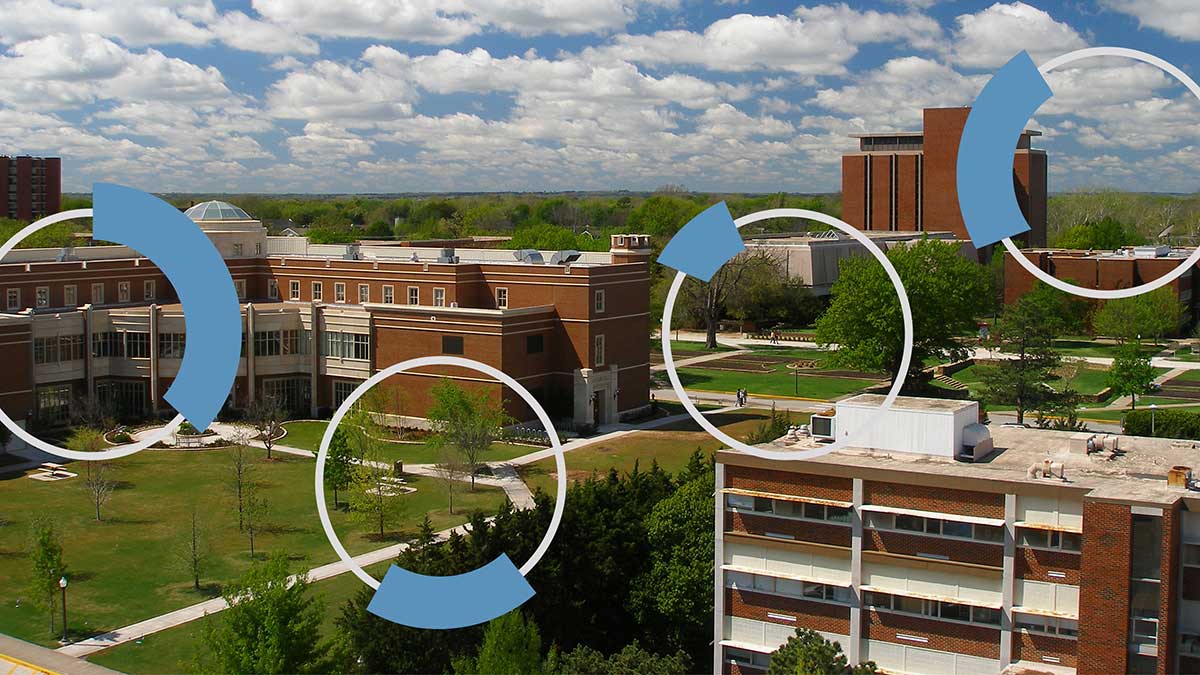
Do Course Evaluations Still Matter in a Pandemic?
This content was previously published by Campus Labs, now part of Anthology. Product and/or solution names may have changed.
As institutions adapted to this new educational environment, the question arose: Should we still conduct end-of-term course evaluations? Many have weighed in on the merits of hearing from learners, while others have shared valid concerns about the process and its results. But what decisions have institutions made?
We sought to discover this by conducting a poll sent to primary users of Campus Labs course evaluations tools on April 14. Over a week-long period, we received responses from 192 individuals representing 176 institutions in total. The short survey focused on three questions:
- Are you still conducting end-of-term course evaluations in some way?
- In which ways, if any, are you changing the evaluation questions?
- In which ways, if any, are you modifying the intended use of results?
Here’s what we learned:
Still conducting end-of-term course evaluations

Most institutions have decided to continue with some form of course evaluations. Those few who have suspended them, cited reasons such as:
- Desire not to ask too much of students or faculty at this time
- Fear from faculty in how results would be used
- Perception that results would be skewed and unusable
- Prioritization of other surveys, such as a climate survey
Some respondents spoke to the cancellation of evaluations for only certain courses, like clinicals and labs that were suspended. Many described modifications to the evaluation period—either a delay to allow for the modification or questions, or an extension to allow students more time to complete the survey.
Changing the evaluation questions

Half of those who were continuing to conduct an evaluation indicated they were changing the questions in some way. Most modified the existing evaluation rather than replacing it altogether. Modifications included:
- Adding questions or adjusting the phrasing of questions to reflect the remote learning experience
- Removing questions or adjusting the phrasing of questions about instructors
- Removing questions about facilities such as those about classroom technology
- Allowing instructors to add their own questions, in some cases specific to the shift to remote instruction
Modifying intended use of results

By far the most common practice for those who still conducted evaluations was to adjust the intended use of the results in some way. The other common adjustment was to use the results to understand the impact of the pandemic on learners and instruction.
Since most institutions use course evaluation data in their processes to evaluate faculty (like for tenure or promotion), we also saw institutions use techniques to reduce the concern of results being used against faculty who are rapidly adjusting to a remote instruction environment:
- 38% are excluding results from tenure and promotion processes
- 10% are making results available only to instructors
- Most of the write-in answers to “other” describe allowing faculty to choose if they wanted their results included in the tenure and promotion process
- Some of the write-in answers to “other” involve placing a notation or asterisk on this term’s results, with the understanding that interpretation will take the situation into consideration
As always, it is imperative to consider end-of-term course evaluations as just one component of a comprehensive feedback loop. We suggest ensuring your own feedback loop includes an ongoing emphasis on formative assessment that checks in with learners and provides valuable feedback to instructors as they, too, are adapting.
